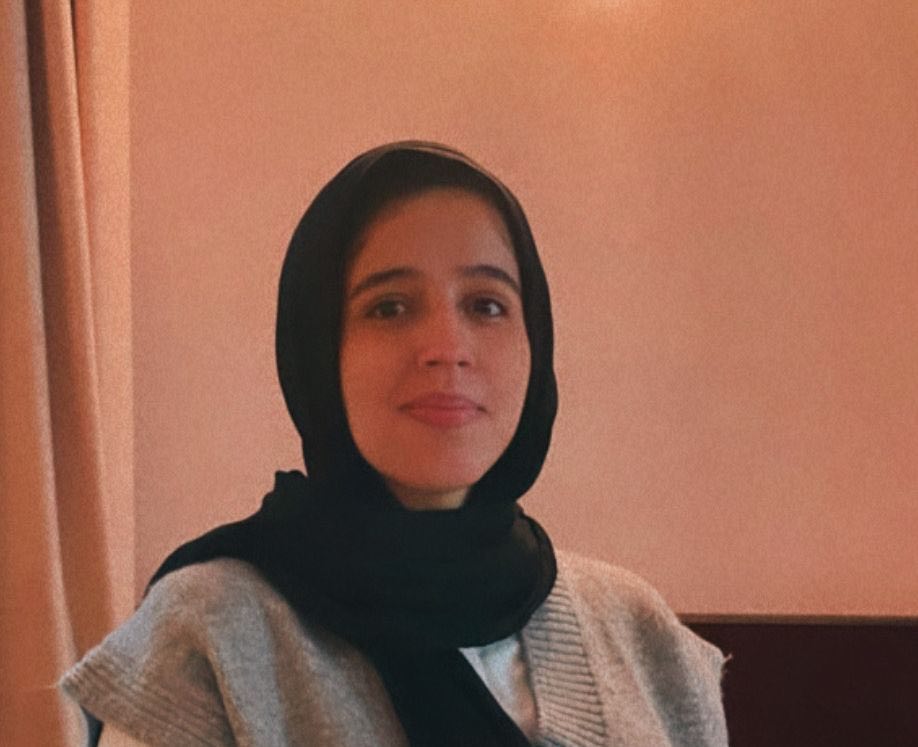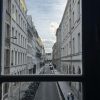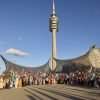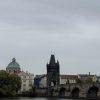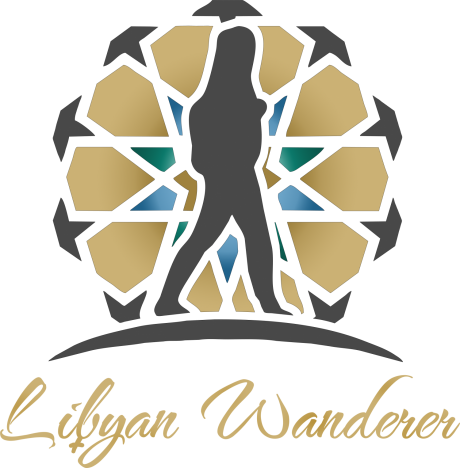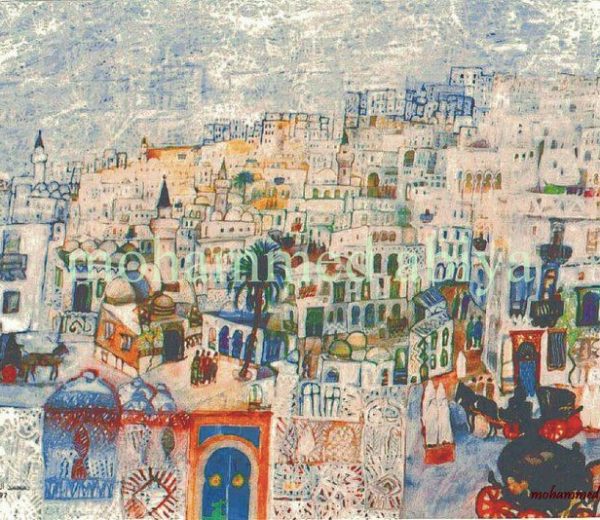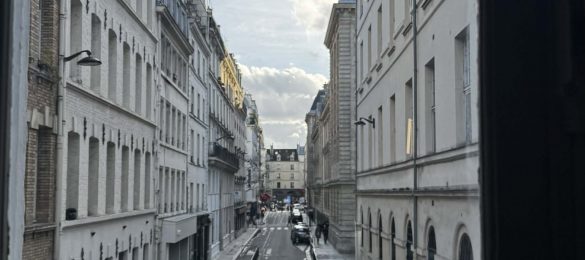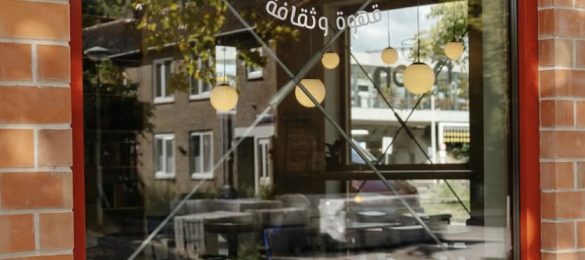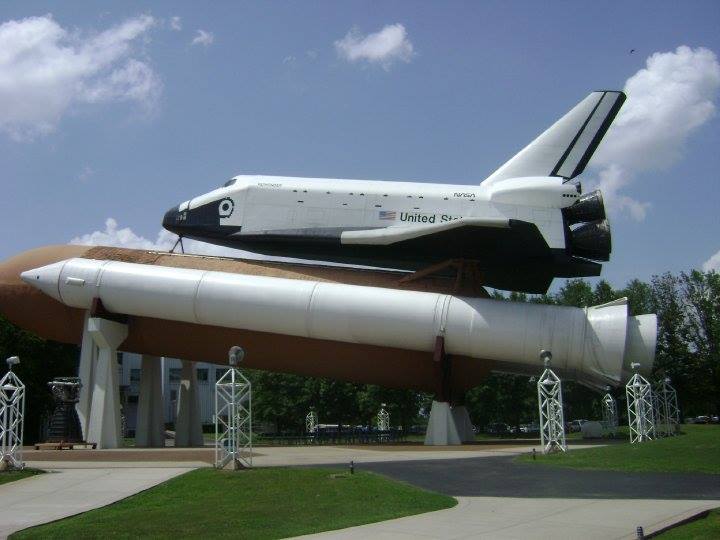
In 2010, I was selected to participate in the Space Camp program in Huntsville, Alabama. As part of the US Embassy to Libya programs, Space Camp is for high school students with a strong interest in STEM. The program focuses on building leadership skills, teamwork, learning, and experiencing NASA astronaut-related training. It was my first exchange experience at a very young age. At that time, I was a high school sophomore and was 16 years old. On a side note, I can’t recall the exact number of participating students from Libya, but approximately 20 participating students.
I came across the picture I took above a few days ago and realized it had been 14 years since I participated in the program. Time passed quickly, but it remains an experience I truly cherish. It is one of the experiences that left a profound impact on me on a personal level. Space Camp fuelled my intention to thrive and develop even more. It was indeed a dream come true to experience and get close to something I only read so much about in books and the documentaries I watched growing up.
Fly Me to the Moon
The program begins in July and lasts for one week. Participating students stay in the camp for the entire program duration and must participate in all scheduled activities. Even though the program’s timeline is considered short, we had a busy schedule. It started early in the morning and ended late at night. Everything was on the clock, from physical activities to team-building exercises to scientific-based tasks.
Moreover, it involved organizing students into teams, and we joined other students from the US with a team leader. I was part of team Oberth. So, each team was a combination of Libyan and American students, allowing us to exchange knowledge and learn from each other.
I remember that months before the program started, I attended numerous meetings, which included other participating students from Libya. The preparation and related logistics were lengthy. Consequently, I didn’t realize how packed the program would turn out. However, the program filled me with excitement and curiosity. It allowed me to learn more about what astronauts go through physically, mentally, and academically. For example, amongst the exercises we had was scuba diving training and also a space mission simulation exercise. From an engineering perspective, it was incredible to have engaging activities and scientific experiments. By the end of the program, we had the opportunity to meet Mr. Robert Gibson, a NASA astronaut who took part in five missions and spent over a month in space.
Lifelong Learning Experience
One of the program’s many benefits was to develop my communication and language skills. Although I could participate with my English level, I realized I needed to improve it further during my time there. Also, the program allowed me to connect and make friends. Regardless of distance, I am still in touch with a few American students whom I met there. Personally, I consider the Space Camp program my first opportunity to learn how to take responsibility away from home at a young age.
For instance, I improved my ability to engage, be more present, express my ideas, and understand the significance of interactive learning for students. Upon my return to Libya, the program inspired me not to underestimate my aspirations and dreams. I have always appreciated the role of education, but participating in the program further deepened my appreciation for it. Later, I obtained a technical high school diploma the following year, which allowed me to specialize in Chemical Engineering for my Bachelor’s degree at the University in Libya.
